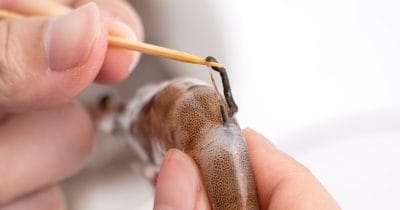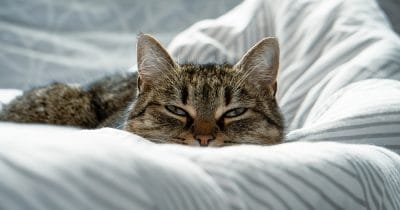
I’ve never had any desire to see animals perform in a circus, I imagine they’re very sad from being forced to perform tricks when really they want to roam free in their natural habitat.
As more and more people speak out against wild animals being used in circuses, we are made aware of the cruelty and suffering these animals can often endure.
In one U.S. state the story of a 36-year-old African elephant with arthritis that suffered at the hands of a traveling circus was enough for authorities to introduce a ban.
“Nosey’s Law” has been introduced in New Jersey making it illegal to use wild and exotic animals in traveling acts.Gov. Phil Murphy signed the legislation which is named after the elephant with arthritis that suffered abuse while traveling the country with a circus, according to a press release.
“New Jersey is the first state to protect wild animals from the abuses inherent in traveling shows,” said Brian R. Hackett, the New Jersey State Director for the Humane Society of the United States, in a statement.

According to research done by Vox and reported in NAVS, there were at least 65 elephants used in 17 American circuses in 2016.
The article added that circus animals were kept in chains or cages 96 percent of the time and can spend up to 100 consecutive hours traveling in confined spaces, while in the wild they would travel up to 30 miles per day on foot
“For too long, wild animals used in circuses have endured cruel training, constant confinement, and deprivation of all that is natural to them. We are grateful that Governor Murphy is signing Nosey’s Law to close the curtain on this type of cruelty in our state.”

Natural habitat
Governor Murphy said he was proud New Jersey won’t allow “animals to be exploited and cruelly treated” within the state.
He added: “These animals belong in their natural habitats or in wildlife sanctuaries, not in performances where their safety and the safety of others is at risk.”
Wild animals should not be forced to perform for our entertainment, they should be roaming free and enjoying their natural habitat.
Please tell us what you think in the comments section of our Facebook page and share if you agree.





